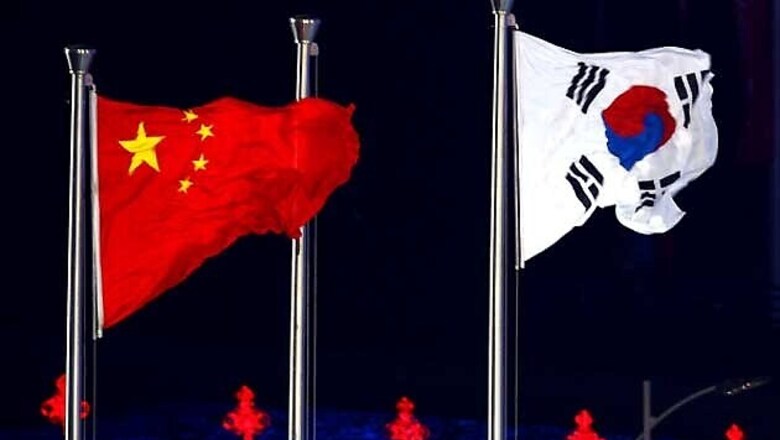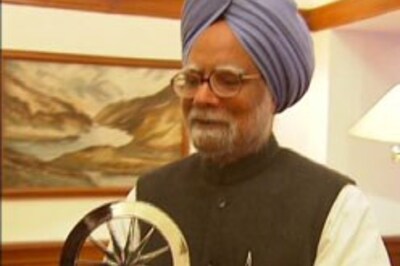
views
With huge resources, a Soviet-style sports regime geared to churning out champions and an insatiable desire to win gold, the question is not whether China will top the medal standings at the Incheon Asian Games but by how much.
China has reigned supreme since finishing top of the table at the Asian Games it hosted in 1990 and sent records tumbling ever since.
Still basking in the runaway success of the 2008 Beijing Olympics, China reaped a record 416 medals at the last Asian Games at home in Guangzhou, with its tally of 199 gold medals nearly three times the haul of runners-up South Korea.
Set to unleash a mammoth delegation of 899 members on Incheon, the Games' largest, China will look to eclipse that mark again while providing a report card on their athletes' progress halfway through the Olympic cycle.
Courtesy demanded that the full roster of China's champions turned up to Guangzhou, but some of the national federations are not taking Incheon quite so seriously.
Gymnastics officials have already conceded they are sending a 'B' team to South Korea, saving their best for the world championships in October, while the country's top tennis players Li Na and Peng Shuai have opted out.
Double Olympic taekwondo champion Wu Jingyu is also a serious doubt to travel to Incheon, having checked into hospital for an unspecified illness, she announced on her microblog.
'BIG BALL'
Despite the absences, China will have more than enough in reserve to reap rivers of gold from swimming, diving, table tennis, shooting and badminton, and will also expect medals from judo, taekwondo and canoeing, among others.
China's highly anticipated battle with Japan for supremacy in the Guangzhou pool fizzled out with the hosts trouncing their war-time foes.
That Games heralded the arrival of distance swimming sensation Sun Yang, who threatened the 1,500 metres freestyle world record then held by Australian Grant Hackett before breaking it in Shanghai a year later to become world champion.
The reigning Olympic 1,500m and 800m freestyle world champion, Sun's battle with 2008 Olympic 400m champion Park Tae-hwan of South Korea will be a highlight of the Games, with the pair expected to go head-to-head for the 200 and 400 titles.
Eighteen-year-old Ye Shiwen, who took the London pool by storm winning the women's 400m and 200m individual medley, is also a major drawcard.
China will send their peerless diving team loaded with a stable of Olympic gold medal-winners including Wu Minxia, Chen Ruolin, He Zi and He Chong.
"Our key players need to accumulate experience and maintain their state through competition ... and many of the players in this lineup will be our participants in the Kazan world championships and the Rio Olympics in two years, they need to practice," long-time coach Zhou Jihong told local media.
China's badminton great Lin Dan, arguably the sport's finest player, is likely to battle for the men's singles gold with Malaysia's Lee Chong Wei, the man he beat for both the Beijing and London Olympic golds as well as last year's world championship and the Asian Games title at Guangzhou.
Though Chinese sports officials will watch their athletes throw their weight around the continent with pride, they will also be casting a beady eye over the country's soccer, basketball and volleyball teams.
China has long lamented its failure to build powerful teams in the 'big ball' sports, as it describes them, and will hope for signs of improvement.
"We have to recognise that the development of sport in our country is not balanced, the overall level of the three 'big ball' sports that the masses love, particularly soccer, are stagnant and even falling back," state media quoted Liu Peng, China's top sports mandarin, as saying.
"The masses are not satisfied that there is a sharp contrast with China's outstanding results in (other) competitive sport."


















Comments
0 comment